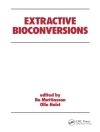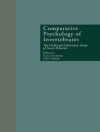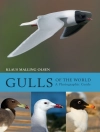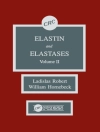Scientific Frontiers in Developmental Toxicology and Risk Assessment reviews advances made during the last 10-15 years in fields such as developmental biology, molecular biology, and genetics. It describes a novel approach for how these advances might be used in combination with existing methodologies to further the understanding of mechanisms of developmental toxicity, to improve the assessment of chemicals for their ability to cause developmental toxicity, and to improve risk assessment for developmental defects. For example, based on the recent advances, even the smallest, simplest laboratory animals such as the fruit fly, roundworm, and zebrafish might be able to serve as developmental toxicological models for human biological systems. Use of such organisms might allow for rapid and inexpensive testing of large numbers of chemicals for their potential to cause developmental toxicity; presently, there are little or no developmental toxicity data available for the majority of natural and manufactured chemicals in use. This new approach to developmental toxicology and risk assessment will require simultaneous research on several fronts by experts from multiple scientific disciplines, including developmental toxicologists, developmental biologists, geneticists, epidemiologists, and biostatisticians.
Board on Environmental Studies and Toxicology & Commission on Life Sciences
Scientific Frontiers in Developmental Toxicology and Risk Assessment [PDF ebook]
Scientific Frontiers in Developmental Toxicology and Risk Assessment [PDF ebook]
Beli ebook ini dan dapatkan 1 lagi GRATIS!
Bahasa Inggris ● Format PDF ● Halaman 354 ● ISBN 9780309501767 ● Penerbit National Academies Press ● Diterbitkan 2000 ● Diunduh 3 kali ● Mata uang EUR ● ID 7145837 ● Perlindungan salinan Adobe DRM
Membutuhkan pembaca ebook yang mampu DRM












